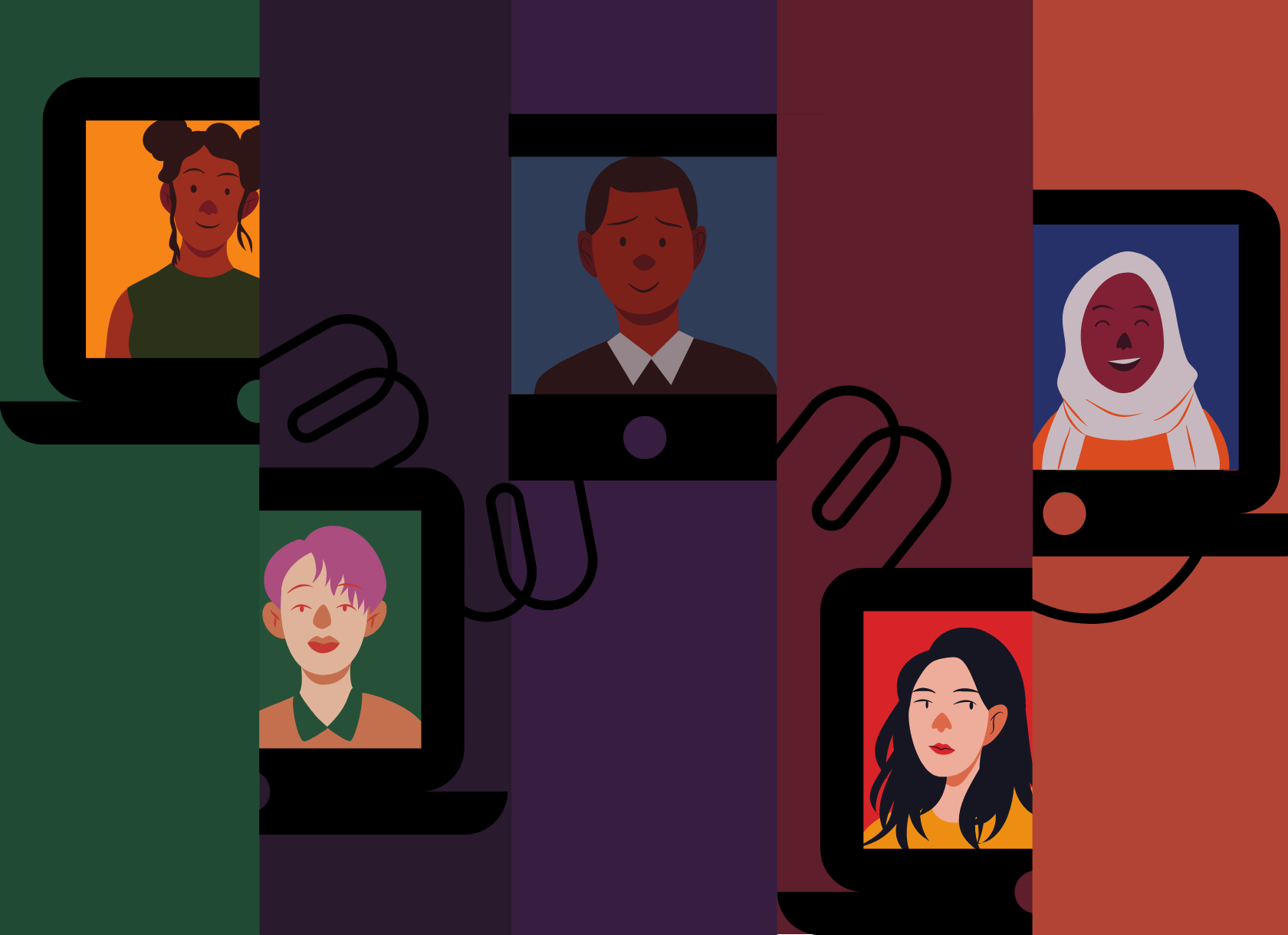By: Katie Clelland ’21

“Similar to racial inequities that exist across every facet of society, such as education, healthcare, employment, and housing, there are major disparities in the tech space as well. It’s incredibly important to intervene and think about the ways that we can amplify Black communities and center Black issues in the tech space,” explains Assistant Dean and Communities of Resources and Empowerment (SCORE) Director Marissiko Wheaton.
That’s why Wheaton will serve as a mentor for the upcoming Claremont Colleges Hackathon for Black Lives Matter. With the goal of using technology to create a community that combats racism and racial inequality, the Hackathon arrives just in time for Black History Month.
“My role as a mentor is to be a sounding board and support for student groups that have come together around a particular issue or topic. I have all the confidence in the world for the students who I’ll be working with because I know they will have creative and innovative ideas. I look forward to asking them questions which will push them to think deeper and more critically about the impact that they will make during the hackathon,” Wheaton says.
The co-organizers of the hackathon, Kira Favakeh HMC ’20, Ben Hinthorne HMC ’21, Natasha Crepeau HMC ’21, and Camille Simon HMC ’21, challenge students from the seven Claremont Colleges from all disciplines to use their creativity to advance racial justice and support the Black Lives Matter movement.
“Hacking ultimately is about being creative and coming up with solutions to problems. In traditional computer science hackathons, students leave [these sprint-like programming sessions] with new skills and an inspiration to learn more,” says Simon, co-president of Black Lives at Mudd and a computer science and math joint major at Harvey Mudd College. “With this knowledge that a hackathon can be used as a tool to address problems, we knew it could be a powerful tool to allow students to harness their talents and interests to support BLM in new ways.”
Wheaton also emphasizes the power of technology to create change. “Tech is absolutely a space that has the power to make social change. Over the years, I’ve witnessed the tremendous impact that student activists and local organizers have made by using tech as a platform to organize and mobilize people from all backgrounds around specific issues. More importantly, I’ve witnessed Black communities, more than any other, utilize social media as a place to shed light on Black issues in response to the neglect of elected officials, law enforcement, media executives, and others. In fact, studies have shown that ‘Black Twitter’ garners the most frequent trending topics, which quite often calls attention to a variety of social and political issues.”
The first day of the hackathon will feature keynote speaker Justin P. Christian, founder and CEO of BCForward, a global IT consulting firm, followed by workshops that educate and inspire participants about what types of projects they can create over the weekend. The hackathon mentors will guide participants along the way, and projects will be submitted on Sunday night in the form of a three-minute video.
Simon explains, “The hackathon is open to all majors, and students are encouraged to bring their prior skills and interests to create any tangible project that supports Black Lives Matter. The projects can fit into one of the four categories: algorithmic bias, art to promote Black artists, educational reform to better communicate and educate about Black history, and political and community organization. Projects will range from websites to written policy to even visual art or performances.”
“We want people to walk away knowing that they can ‘be the change,’ and they can utilize whatever skills and passions they have to support social justice and racial equity, adds Favakeh.

